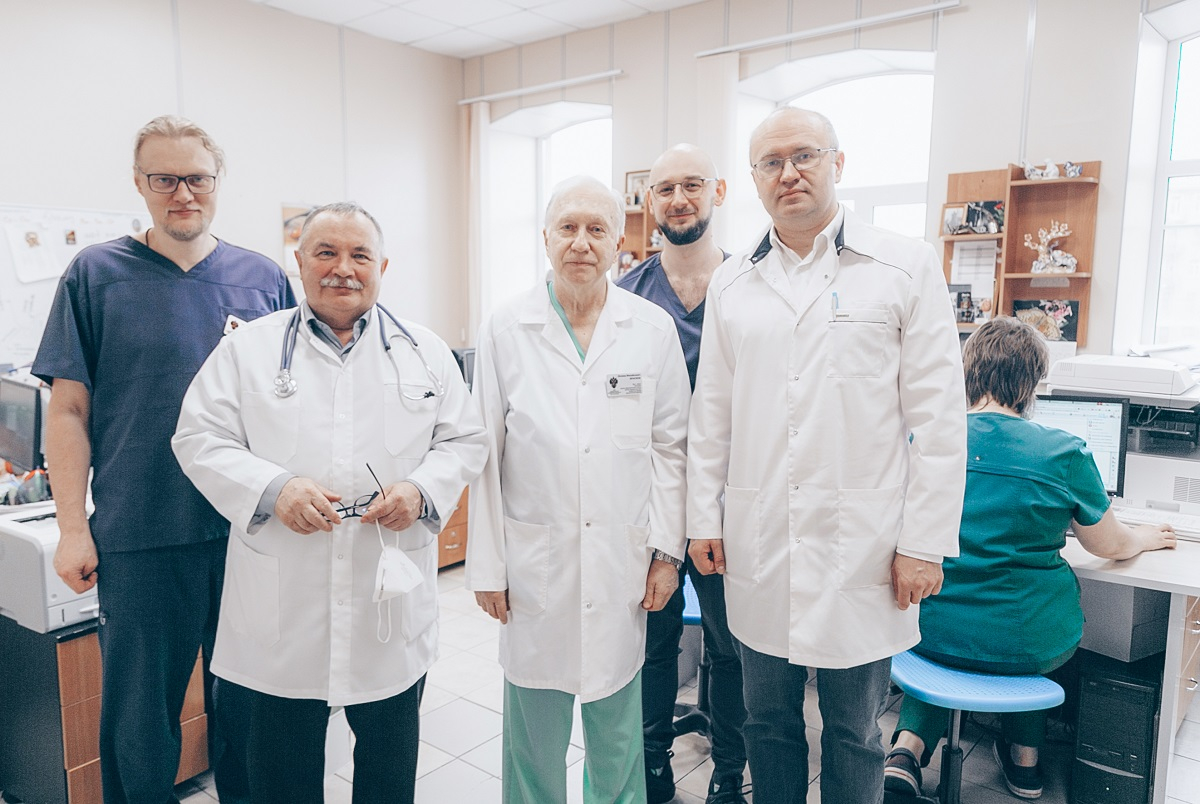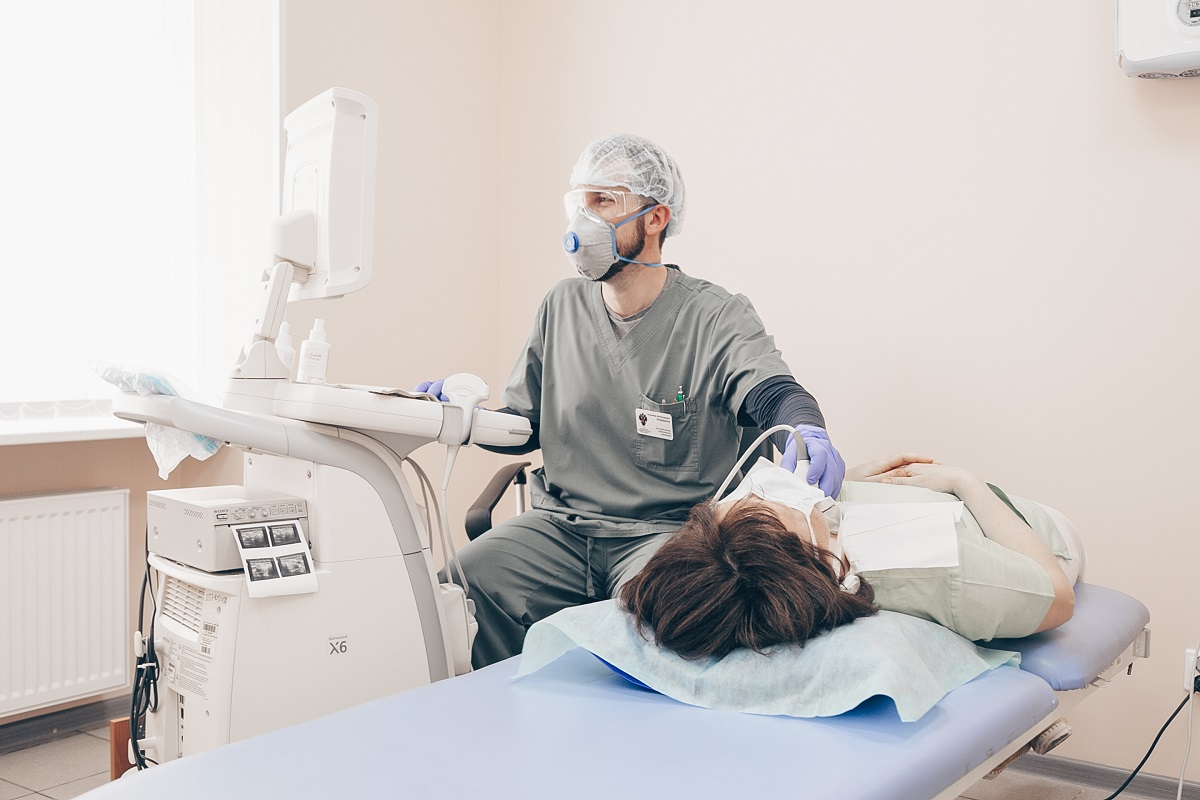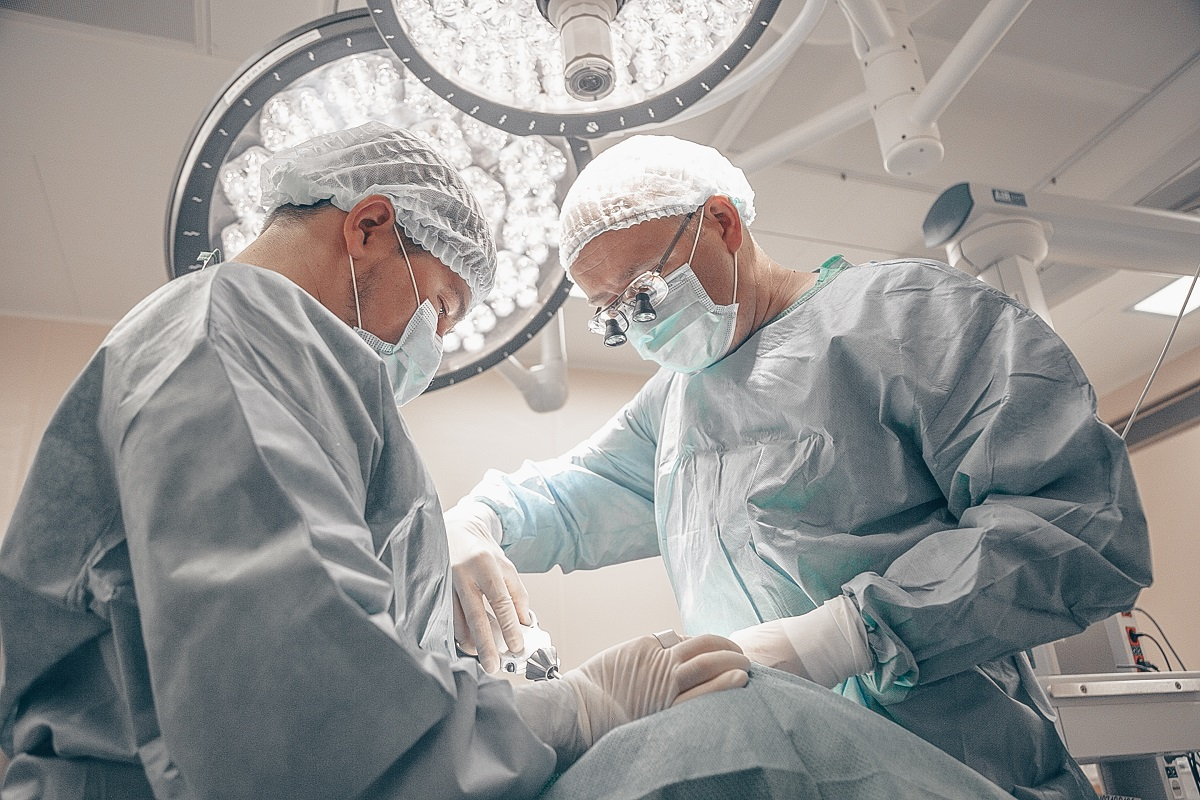St Petersburg University’s Pirogov Clinic sets a world record for the number of endocrine surgeries
Surgeons at the Pirogov Clinic of High Medical Technologies at St Petersburg University performed 6,500 endocrine surgeries last year. That is the highest rate among medical centres worldwide.
‘Last year we set our all-time record — 6,500 endocrine surgeries. As far as I know, this is also a world record,’ said Professor Ilia Sleptsov, Chief Specialist in endocrinology and endocrine surgery at St Petersburg University’s Pirogov Clinic.
According to Professor Sleptsov, the Pirogov Clinic of High Medical Technologies at St Petersburg University had a larger number of surgical patients last year due to the fact that many oncological hospitals and medical centres in the regions had to be converted into temporary emergency facilities to fight COVID-19. During this period, patients from over 80 regions across Russia came to the Pirogov clinic for treatment.
Moreover, many patients from other regions seek treatment at St Petersburg University’s Clinic because of the quality of high-tech medical care provided here. Professor Sleptsov also mentioned a new method of endocrine surgeries developed and implemented at the Pirogov Clinic.
We introduced into surgical practice a new method in thyroid surgery, which we called medial thyroidectomy, or tension-free thyroidectomy. Since the introduction of this method into surgical practice, over 300 such surgeries have been successfully performed.
Ilia Sleptsov, Chief Specialist in endocrinology and endocrine surgery at St Petersburg University’s Pirogov Clinic
According to Professor Sleptsov, this method can replace the traditional thyroidectomy because it causes much fewer complications. For example, patients do not need to worry about one of the most common side effects of thyroidectomy — voice disorders. The first 250 patients operated on using the new surgical technique showed no damage to the vocal cords.
The method has already been patented in Russia. ‘We presented our results at conferences in Russia and Germany; and a number of medical centres in both Germany and Russia have already switched to applying this method into surgical practice. We are very pleased that we were able to take part in its development and implementation,’ concluded Ilia Sleptsov.




